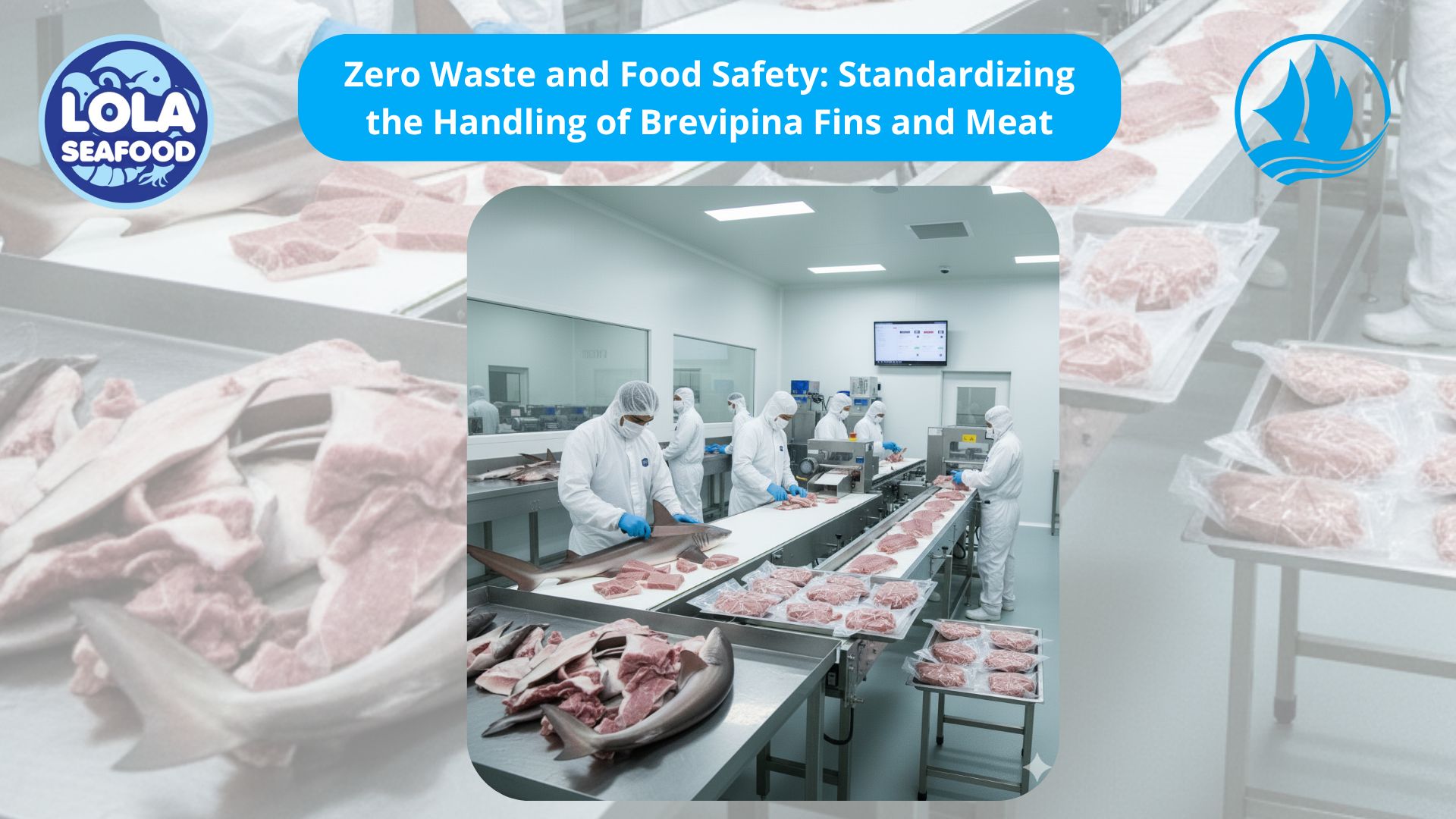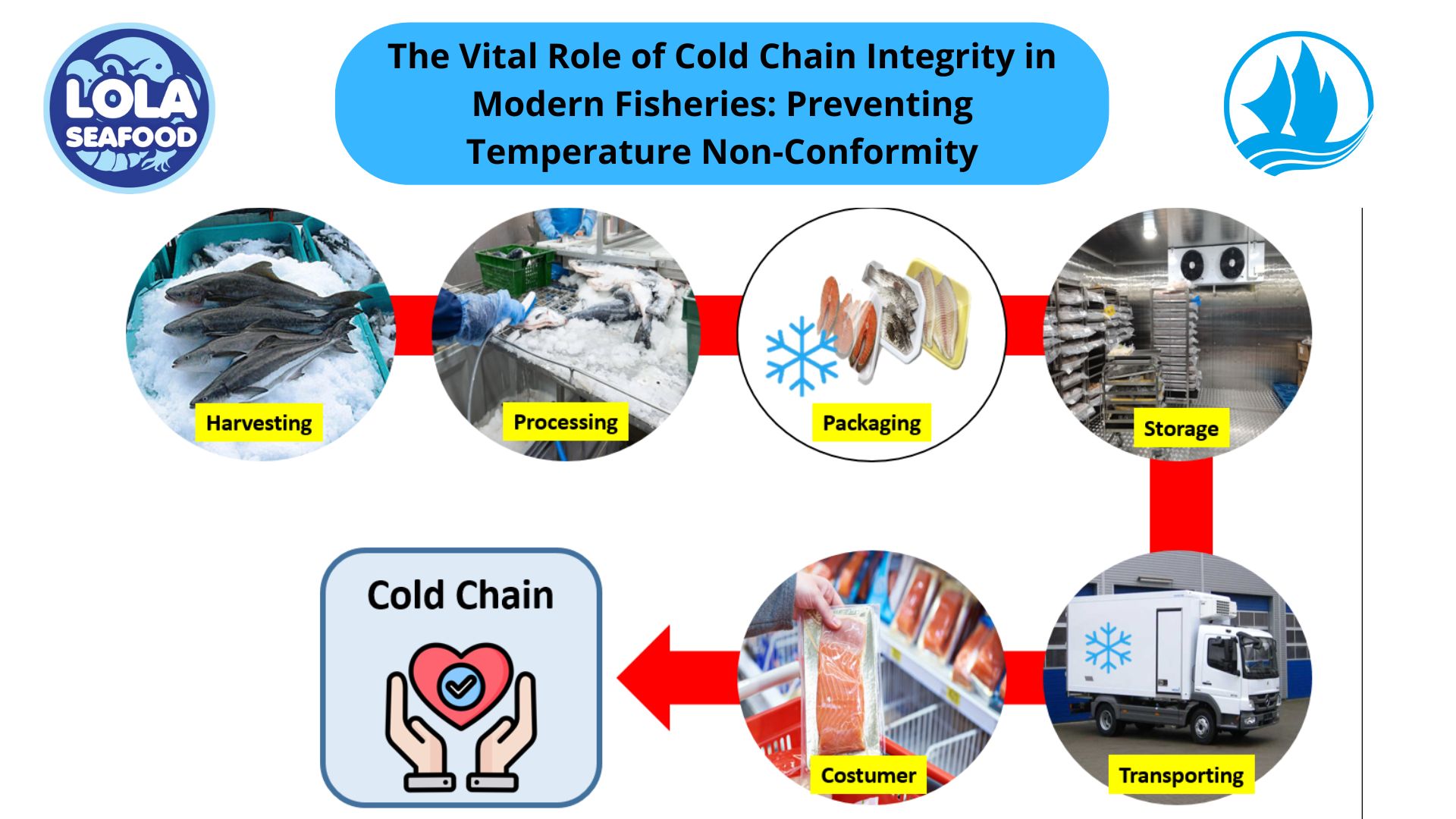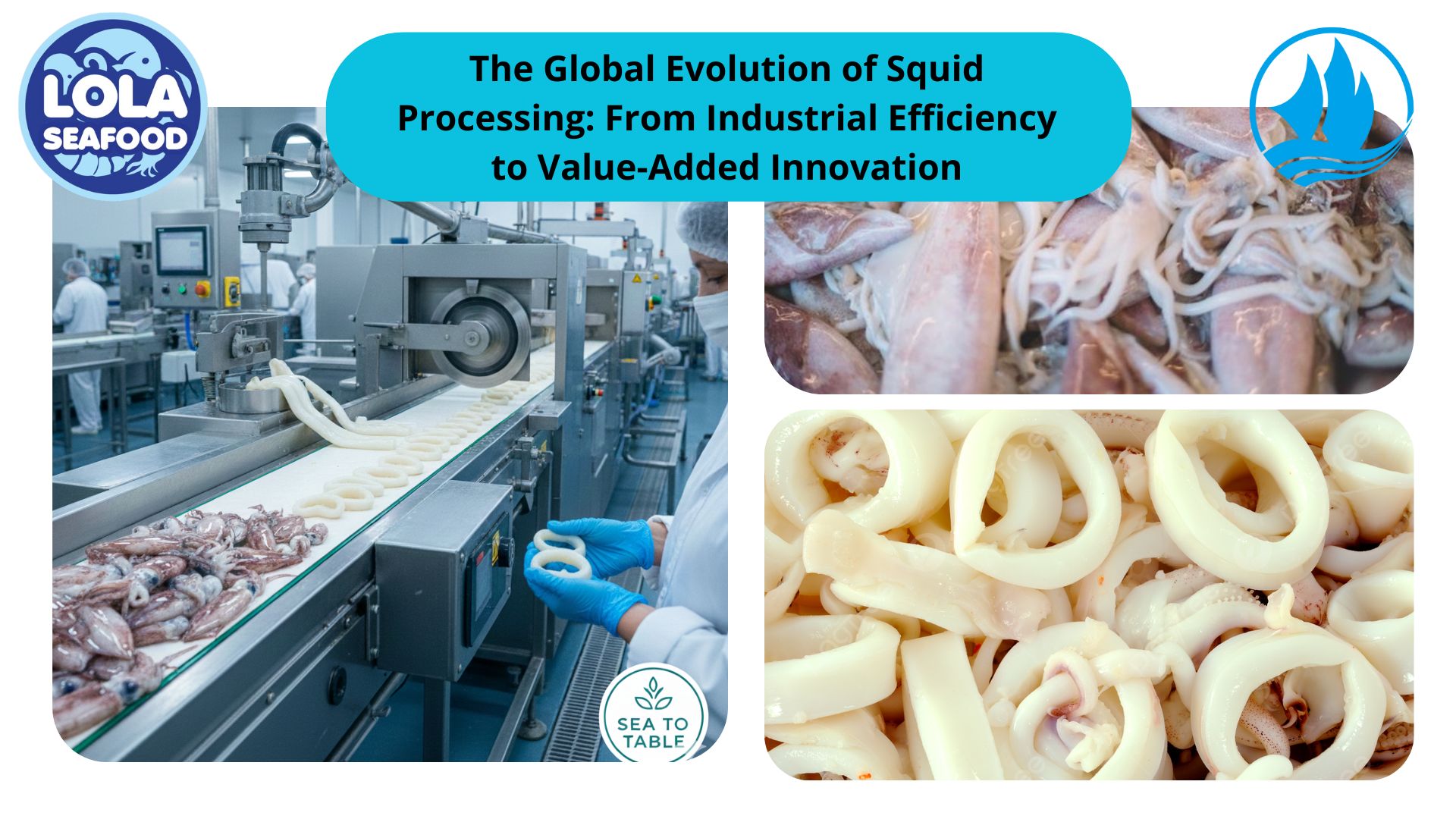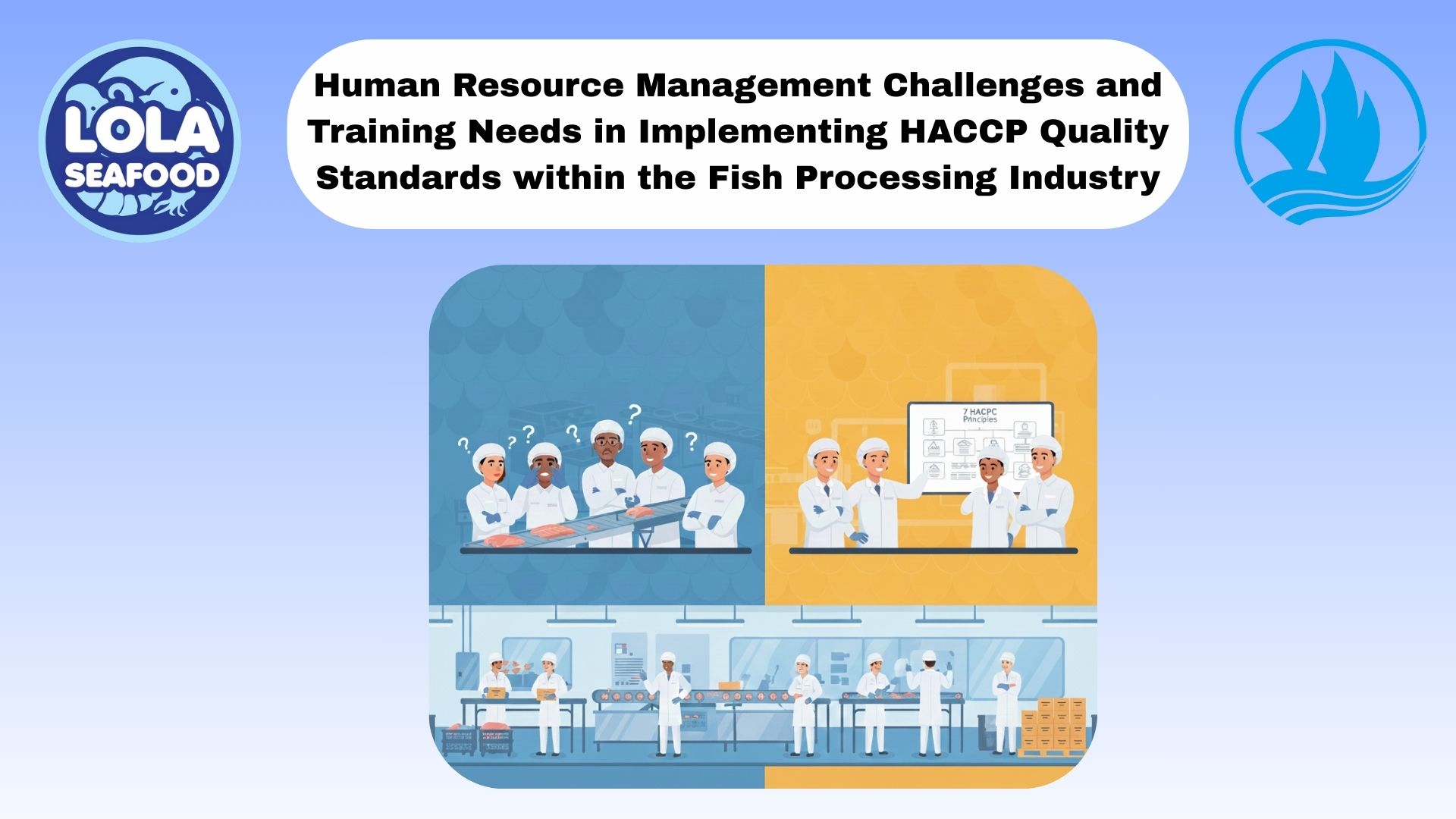Here Are The Manufacturing Companies: Definition, Characteristics, and Examples
By. Lutfi - 09 Jan 2025 (1).png)
kelolalaut.com Definition of Manufacturing Companies
A manufacturing company is a business entity engaged in producing goods by transforming raw materials into finished products through various production processes. This process may involve using machinery, equipment, labor, and technology to create goods ready for use or sale to end consumers or other businesses.
Characteristics of Manufacturing Companies
- Production Process
- Utilizes raw materials that are processed into finished products. This process can be simple (e.g., assembling components) or complex (e.g., electronics production).
- Use of Technology
- Manufacturing companies often use advanced technology and automation to enhance production efficiency and quality.
- Inventory Management
- Managing inventories of raw materials, work-in-progress goods, and finished products is a critical aspect of manufacturing operations.
- Scale of Production
- Operates on various scales, from small-scale (cottage industries) to large-scale (multinational factories).
- Cost Categorization
- Production costs include raw material costs, direct labor costs, and overhead costs (e.g., electricity and machine maintenance).
Types of Manufacturing Companies
- Consumer Goods Manufacturing
- Produces goods used directly by consumers, such as food, clothing, and vehicles.
- Industrial Goods Manufacturing
- Produces goods used as raw materials for other industries, such as steel, machinery, or electronic components.
- Technology Manufacturing
- Produces high-tech products like computers, software, and communication equipment.
Examples of Manufacturing Companies
- Automotive Industry
- Examples: Toyota, Ford, Hyundai.
- Electronics Industry
- Examples: Samsung, Apple, Sony.
- Food and Beverage Industry
- Examples: Nestlé, Coca-Cola, Indofood.
- Construction Materials Industry
- Examples: Holcim, Heidelberg Cement, Semen Indonesia.
Role of Manufacturing Companies in the Economy
- Job Creation: Manufacturing companies often serve as a major sector for employment.
- Export Growth: Manufactured products are typically the backbone of international trade.
- Innovation and Technology: Manufacturing companies are often primary drivers of innovation in technology and production processes.
- Contribution to GDP: The manufacturing sector is one of the largest contributors to a country's Gross Domestic Product (GDP).
Challenges in the Manufacturing Industry
- Global Competition
- Companies face intense competition from producers in other countries, especially those with lower production costs.
- Rising Production Costs
- The cost of raw materials, energy, and labor can increase, affecting profitability.
- Digital Transformation
- Manufacturing companies must adapt to new technologies such as automation, robotics, and the Internet of Things (IoT).
Conclusion
Manufacturing companies are the backbone of industry and the global economy. Through continuous innovation and adaptation to market changes, manufacturing companies can thrive and significantly contribute to economic development.
If youre interested in our Emperor Fillet Skinless, Snapper Fillet Skinless, Crimson Snapper Whole Round, Parrotfish Fillet Skinless, and Grouper Fillet Skinless please do not hesitate to contact us through email and/or whatsapp.

Optimizing Wild-Caught Fish Logistics: Maintaining Thermal Core Integrity During Long-Haul Transport
.jpg)



.jpg)

 and Employee Productivity on the Demersal Fish Processing Floor.jpg)
